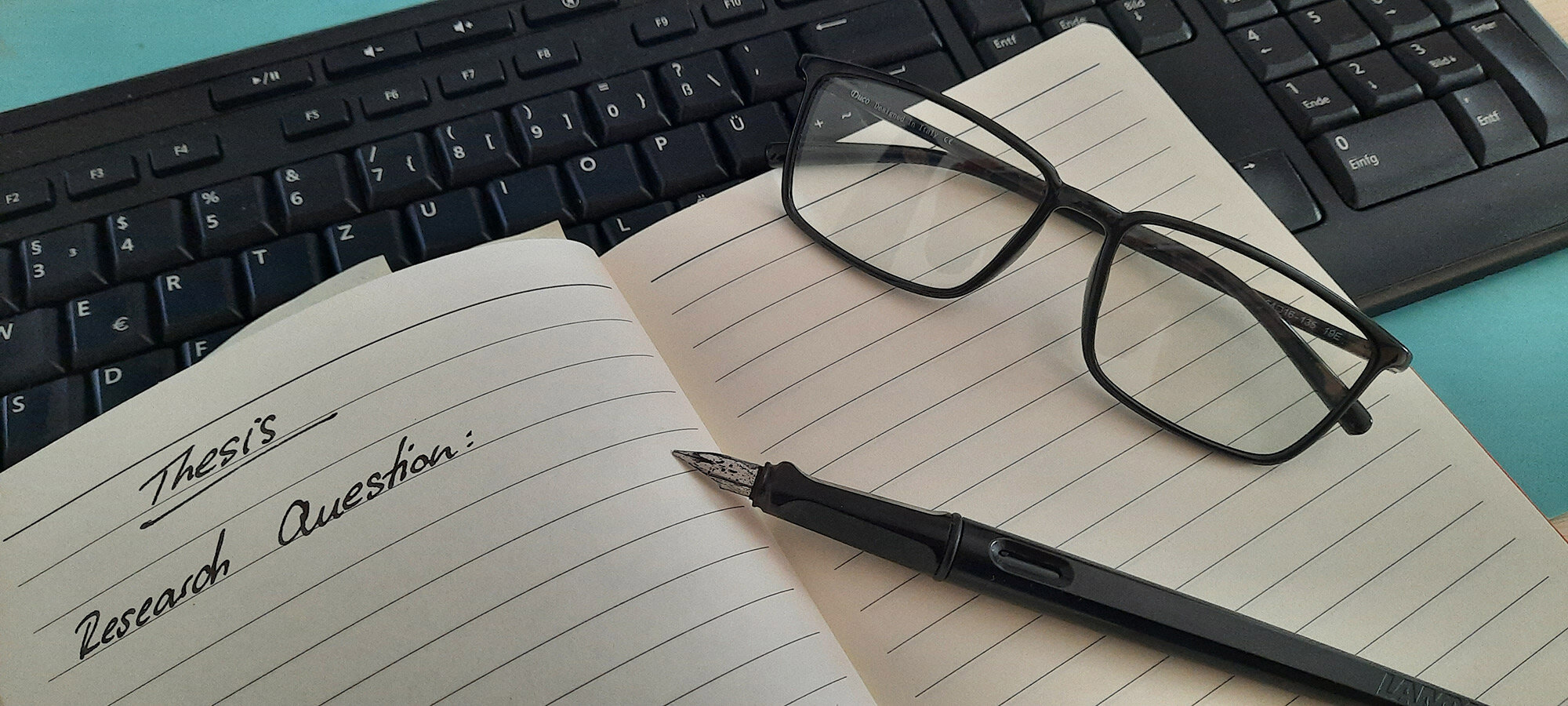
I am a student, and like many of you, I also have a hard time writing research papers. But, I did learn through the process and in this post, I want to share some tips I found useful. I know that there are a thousand tips and tricks on how to write an academic article. However, what I share with you are not precise tips, but more an insight on my way of handling the task of writing a research paper.
Writing a research paper is all about storytelling. In other words, an academic article is more than just a bunch of data and results. It is a story about your research findings. And, as you know, a good story starts with “once upon a time” and ends with “and they lived happily ever after”. So, this is how your academic work should begin and end. But please do not write this literally in the introduction and conclusion of your research report! You know what I mean, and I also know that not every academic writing has a happy ending. Some get graded 5.0, and others never end.
But let's talk about the others. The first and most important thing is to be objective and narrow down the topic. Don’t try solving the big bang with your work. It's not only the paper's scope that counts but its relevance and how logical ideas are discussed and articulated. It is more worthwhile to write a good article on a narrow theme than a bad article on a broad field.
Another important thing is making it easy. It’s not because it is a scientific work that it should be tedious to read and difficult to understand. If you are reading an article that is difficult to understand, there is a high chance that you come across as a great researcher and a terrible writer. Understandably communicating scientific findings is an integral part of your research skills. If just a few or even no one understands what you wrote, your work has little to no relevance. Don’t forget you are telling a story! And a good story should catch the readers’ attention. Also, keep in mind that an unforgettable story is rarely written at the first attempt. I mean, the writer doesn't sit down and write it in the first sitting. Instead, they plan, rewrite, re-read and edit until the story gets to the point. Do the same!
The first step is to have a plan before you start writing. And, of course, you know that defining your research problem and developing your research questions comes first in this process. The theoretical approach to support your ideas, where definitions, concepts, and theories on the topic will appear, comes next. And also, the methodology that is there to help you to answer your research questions. Be sure you chose the most appropriate method to solve your problem. I don't even need to say that it is the method that should match your research problem and not the other way around.
As soon as you’ve defined these steps, you can start writing down the structure of your work, with title, chapters, subchapters, and sections. Even though you certainly will change these parts during your writing process, it is essential having the structure done before the start. The possibility of a paper that starts without a plan goes wrong, or you get stuck in some part, is high. And the logic is simple: If you don't know where you're going, how do you know you got there? Without a map, your journey certainly will be more difficult.
Important! Don’t create too many levels in your structure because having many headings may disrupt the reading. And please, don’t plan it only in your head. Your brain is not the most suitable device for this purpose. To store information, rely more on pen and paper or bits and bytes than on your cortex. Yes, I know that you don’t have so many details about your writing at this stage. So, start from a broad perspective, creating a big picture of the topic. Then, narrow down the ideas around the theme.
Now it is time to break this broader structure into small parts and work on each one at a time. I mean, before you start writing the introduction, literature review, methodology, and discuss the results, you should plan how you will do each one. It is about deciding how sources, data and findings will be presented in each part of your paper.
Another important aspect, as you can guess, of having a plan is that it also helps you quickly restart writing because it doesn’t require you to recall ideas every time you return to your paper. You have a plan. You know where you want to go. Therefore, it is just a matter of checking the structure you created and to keep telling your story.
If ideas come up, write them down. Don't waste time looking for the best sentence, the right word to express your thoughts. Register them as soon as they come to your mind and add it then. Remember that editing is the rule. You will rewrite them better later when you got more inspired.
And finally, a good story has also interesting characters, an excellent script, and an engaging plot. Therefore, in your article, essay, report or thesis you must connect introduction, background, methodology, results, and conclusions as part of the same storyline.
And with these tips the students lived happily ever after and wrote lots of nice and well-crafted research papers.
Celso Caciano Brito
Celso Brito is a Brazilian master student of International Tourism Development at Technische Hochschule Deggendorf (THD-ECRI). Experienced travel manager and tour leader, he has visited many countries around the world, mainly in Europe, South and North America. He loves literature, art, music, wine, gastronomy and is always ready for a trekking adventure.










